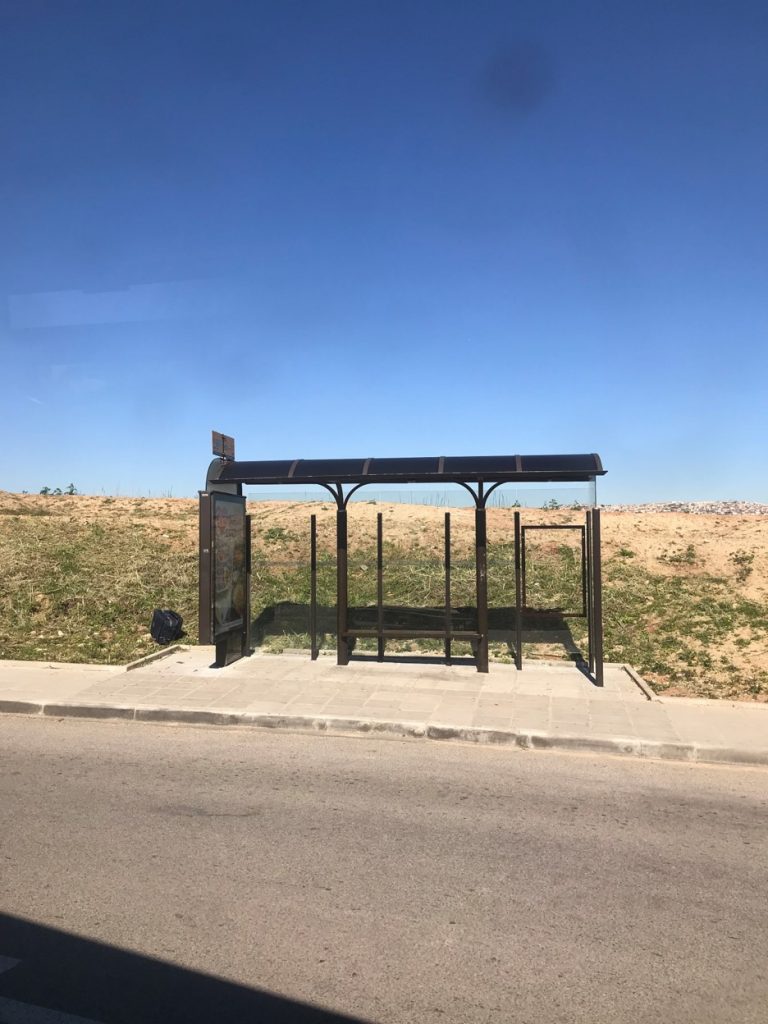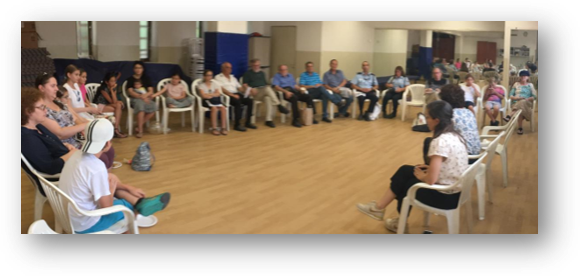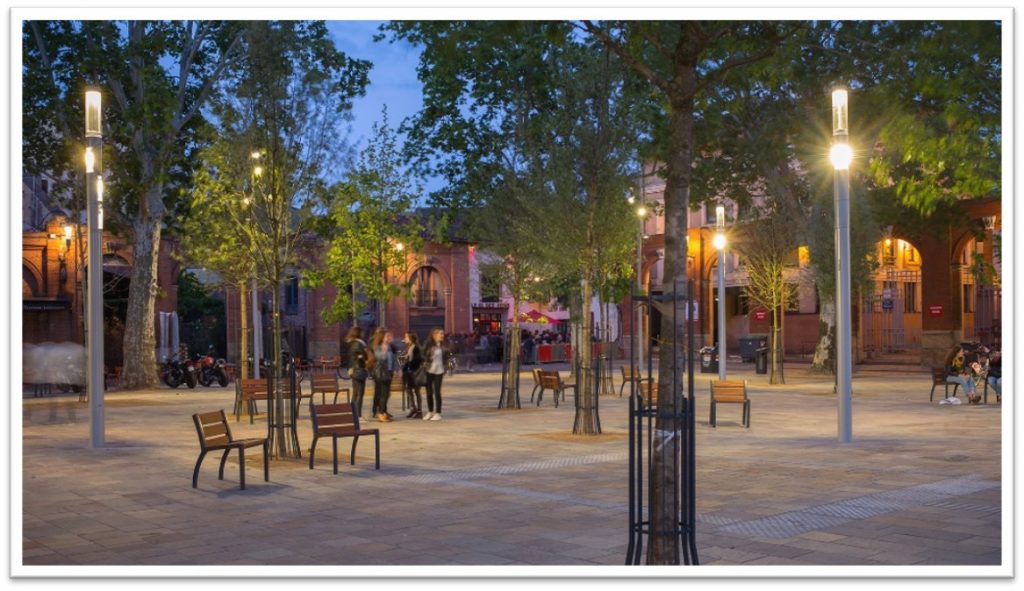On Thursday 25 July, SUNRISE held a webinar on Mobility and Accessibility for all Clusters. The activity which aimed at sharing the mobility situation of four neighbourhoods; Padre Cruz in Lisbon, Baka in Jerusalem, Southend-on-sea and Neo Rysio in Thessaloniki, was an excellent opportunity to show how the SUNRISE methodology has been used to create more accessible and inclusive mobility.

During the webinar, mobility experts in each city provided participants with an overview of the mobility challenges and the actions implemented in the neighbourhoods. The city of Lisbon, one of the SUNRISE Take-Up Cities (TUC) started by describing their co-collecting process in the neighbourhood of Padre Cruz, located in the northeast side of Lisbon.
Rita Jacinto, from the University of Lisbon, described how focus groups were created to map mobility issues and mentioned that surveys and questionnaires have been used to collect inputs from citizens. ‘Over a hundred opinions were collected from female students from a local school in the area. The cluster identified safety, sexual harassment, costs, and inconvenience of public transport as the main mobility issues in the area‘ she explained.

A similar approach has been used by the Baka neighbourhood in Jerusalem. An educational program, training, and workshops have been carried out to involve citizens in the co-creation mobility process.
During the webinar, Miri Reiss named some of the challenges faced by the neighbourhood such as the conflict between the car parking and public space availability. Through the process, some potential solutions were also identified and she made emphasis on the need for clarifying the local policy, increasing enforcement and creating awareness of walkability.
Furthermore, Chris Styles from Southend-on-sea provided more examples of co-identification of problems and co-implementation of solutions. During the first part of the co-creation process, unused public spaces, poor lit side roads, missing consultation that tackles all elements of accessibility especially for persons with reduced mobility were among the challenges identified in Southend. ‘Parks and esplanades were built for citizens to enjoy but due to the lack of security and lighting people avoid going to these areas‘ he explained.
After the evaluation of the problems, SUNRISE partners in Southend implemented some measures, for example, they added plants, lights and are encouraging walking and cycling in order to create a better atmosphere in some public spaces. They also added guidance and contrasting coloured paving for route delineation for blind and partially sighted commuters and removed vertical features (kerbs, street clutter) to make sure that persons with reduced mobility were not hindered.


The final contribution was done by Dimitra Komnianou from Neo Rysio, a village in the Thessaloniki regional unit. She described some of the city challenges related to accessibility to public transport, road safety, bike facilities, maintenance of infrastructure and car-sharing systems.
She explained that Neo Rysio study group identified an urgent need of a transport modal shift, from private to public and sharing modes (car and bike-sharing) and the inclusion of other alternative modes of transport. Concrete mobility needs were also included in her presentation, such as having better public transport connections to Thessaloniki, inter-municipal connection with Thermi and the other settlements and the improvement of public transport information through technology.
The SUNRISE project will continue supporting the neighbourhoods’ process to make the public areas more accessible to all people regardless of their age, gender, and social background. Cities are invited to share in future webinars the best mobility practices in their neighbourhoods.
If you wish to know more about the actions of SUNRISE neighbourhoods and the Take-Up Cities (TUC), please visit http://sunrise.cloudwise-consulting.com/.